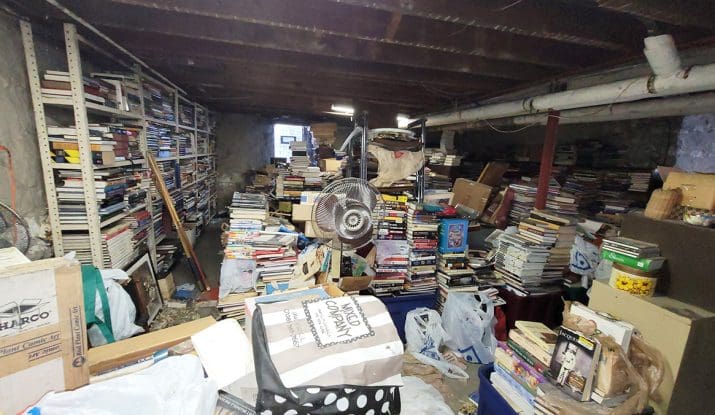In today’s consumer-driven society, it’s easy to accumulate belongings and struggle with the idea of letting go. However, when the urge to accumulate becomes excessive and uncontrolled, it can lead to a phenomenon known as hoarding. Hoarding goes beyond mere clutter and can have severe physical, emotional, and psychological consequences for individuals and their surroundings. In this article, we will explore the dangers of hoarding and shed light on the importance of addressing this issue.
The Nature of Hoarding:
Hoarding is characterized by the persistent difficulty in discarding or parting with possessions, regardless of their value. People who hoard often experience intense distress at the thought of getting rid of items, leading to an overwhelming accumulation of belongings over time. Hoarding tendencies can manifest in different ways, ranging from excessive collecting of specific objects to filling entire living spaces to the point of inhabitable conditions.
The Physical Hazards:
One of the most immediate dangers of hoarding is the physical hazards it poses. Accumulated clutter can obstruct walkways, block emergency exits, and impede access to essential areas such as kitchens and bathrooms. The risk of falls, injuries, and entrapment increases significantly in such environments. Piles of belongings can also create fire hazards due to blocked ventilation and the presence of flammable materials. In extreme cases, hoarded materials can compromise the structural integrity of a building, posing further risks to the individual and others living nearby.
Health and Sanitation Risks:
Hoarding often leads to unsanitary living conditions. Over time, accumulated clutter can attract pests such as rodents, insects, and mold. These infestations contribute to the deterioration of air quality and can trigger allergies, respiratory problems, and infections. Poor hygiene practices, coupled with difficulties in maintaining a clean living environment, can also result in the spread of bacteria and other pathogens, posing health risks not only to the hoarder but also to visitors or emergency responders who may need to access the premises.
Emotional and Psychological Impact:
The consequences of hoarding extend beyond the physical realm and deeply affect an individual’s emotional and psychological well-being. Hoarders often experience feelings of shame, guilt, and embarrassment about their living conditions, leading to social isolation and strained relationships with family and friends. The anxiety associated with parting with possessions and the fear of making wrong decisions can be overwhelming, causing emotional distress and cognitive impairment. Hoarding disorder is also often comorbid with other mental health conditions, such as depression, anxiety disorders, and obsessive-compulsive disorder (OCD).
Impact on Quality of Life:
The hoarding behavior itself can significantly impact a person’s quality of life. As the clutter accumulates, living spaces become restricted, leading to diminished comfort and functionality. Hoarders may struggle to maintain basic household activities, such as cooking, cleaning, or sleeping, which can further deteriorate their physical and mental well-being. The excessive focus on possessions often results in neglecting other important aspects of life, such as relationships, hobbies, and personal growth.
Seeking Help and Support:
Recognizing the dangers of hoarding is an essential first step towards addressing this issue. Hoarding disorder is a complex condition that requires a multifaceted approach involving professional help, support from loved ones, and a commitment to change. Mental health professionals, including therapists and organizers specializing in hoarding disorder, can assist individuals in developing coping strategies, challenging distorted beliefs, and implementing systematic decluttering processes. Building a strong support network and engaging in ongoing therapy can aid in the long-term management of hoarding behaviors.
Conclusion:
Hoarding is more than just a cluttered living space; it poses significant dangers to physical health, emotional well-being, and overall quality of life.

